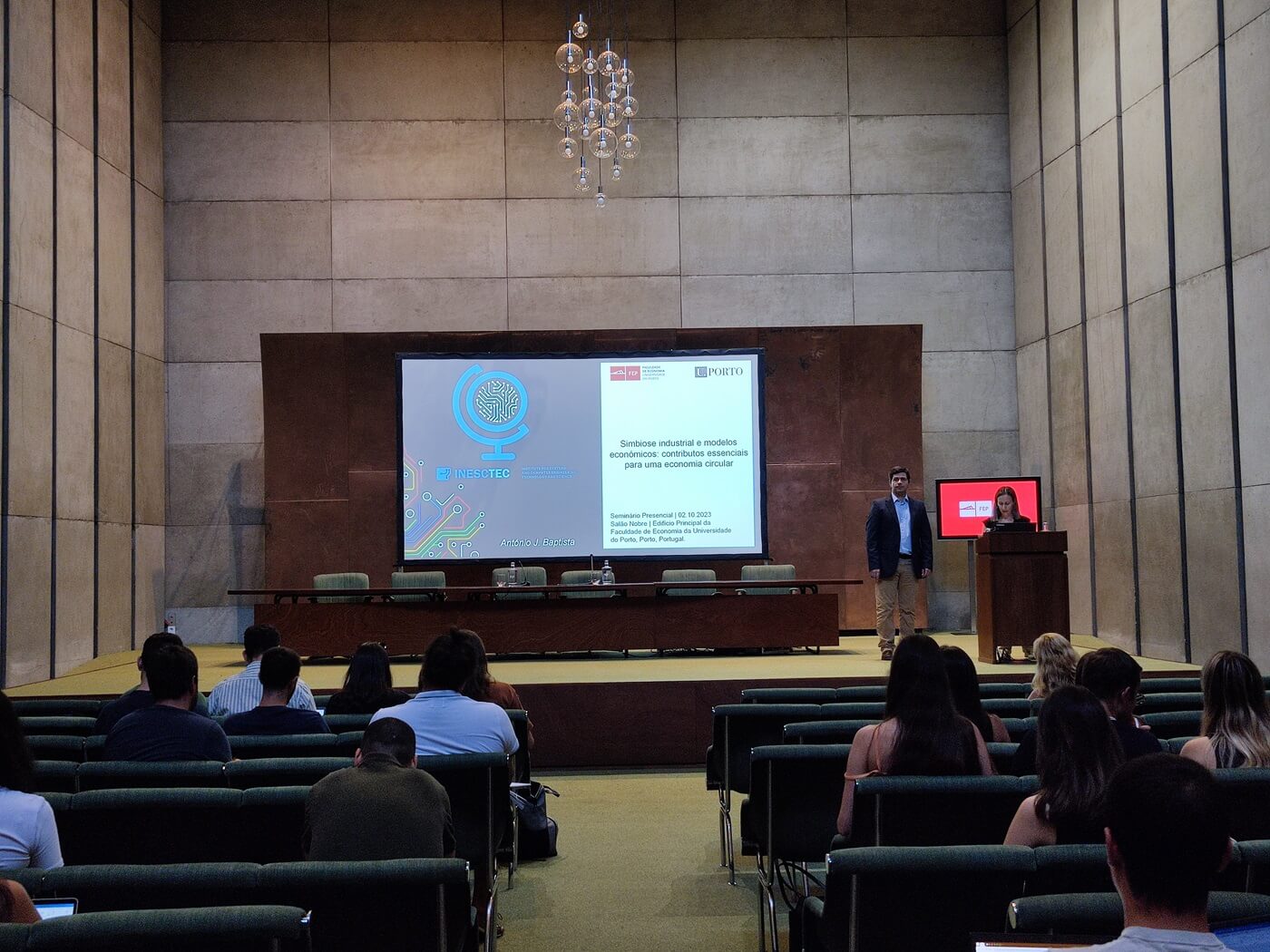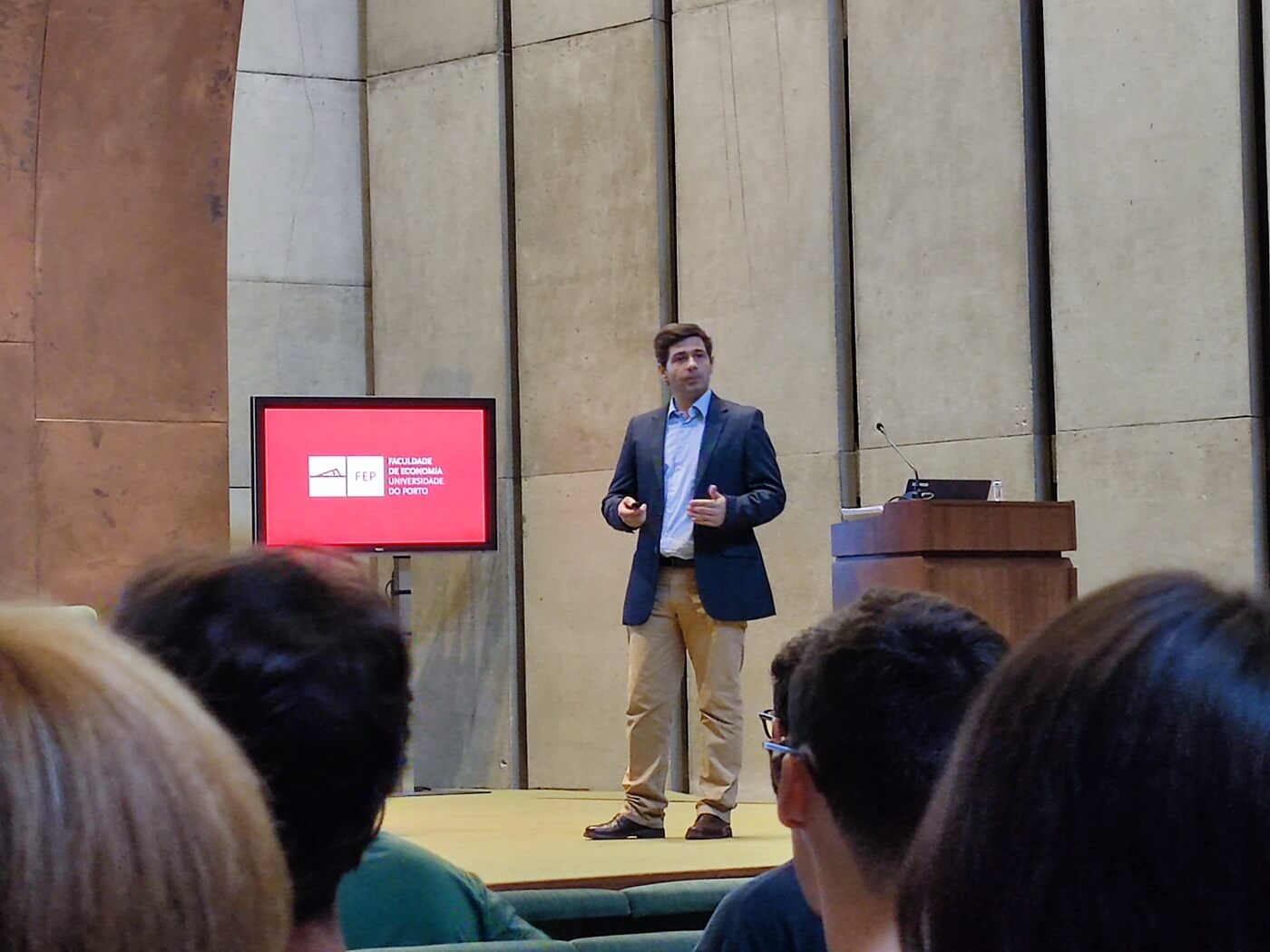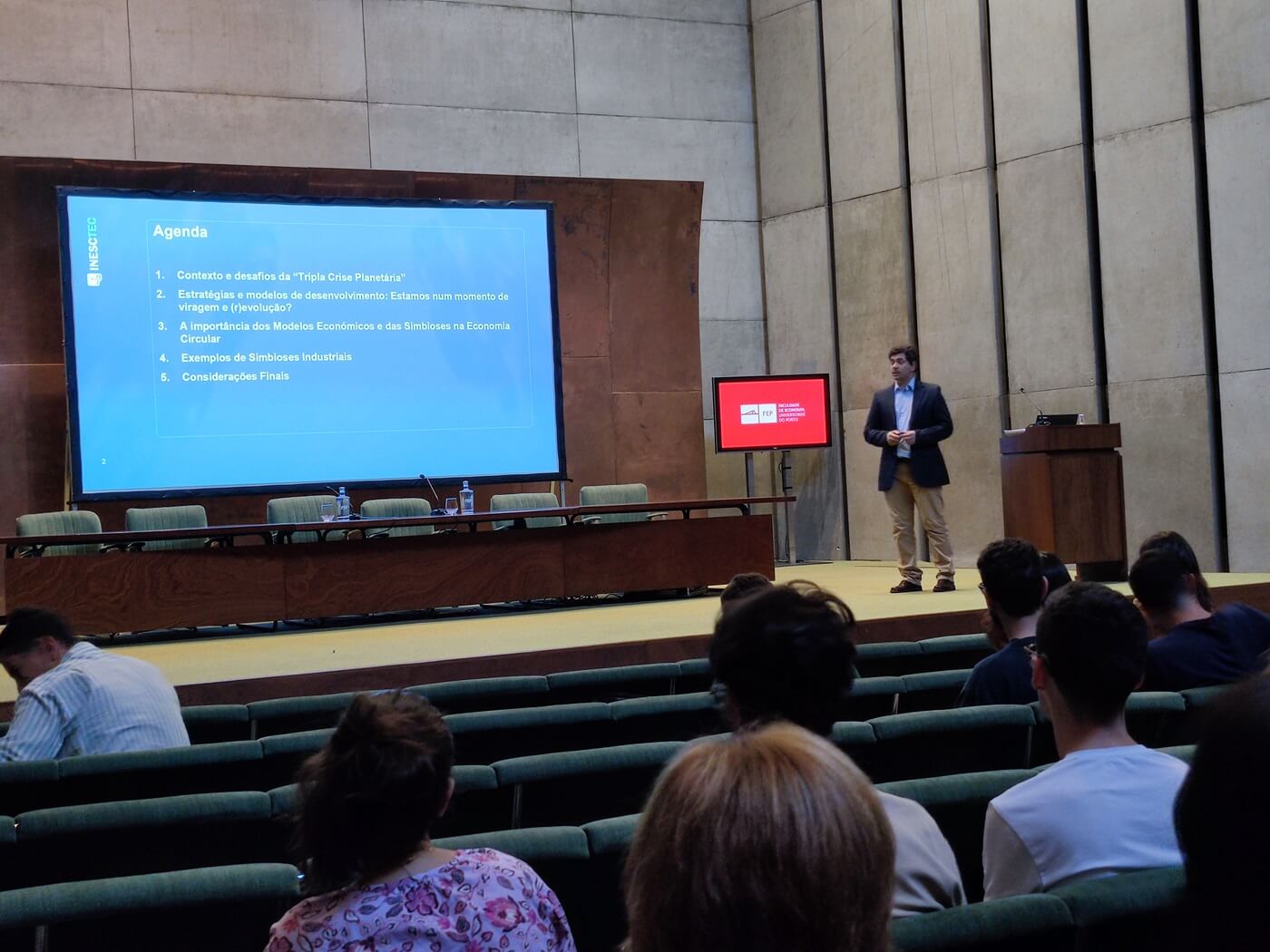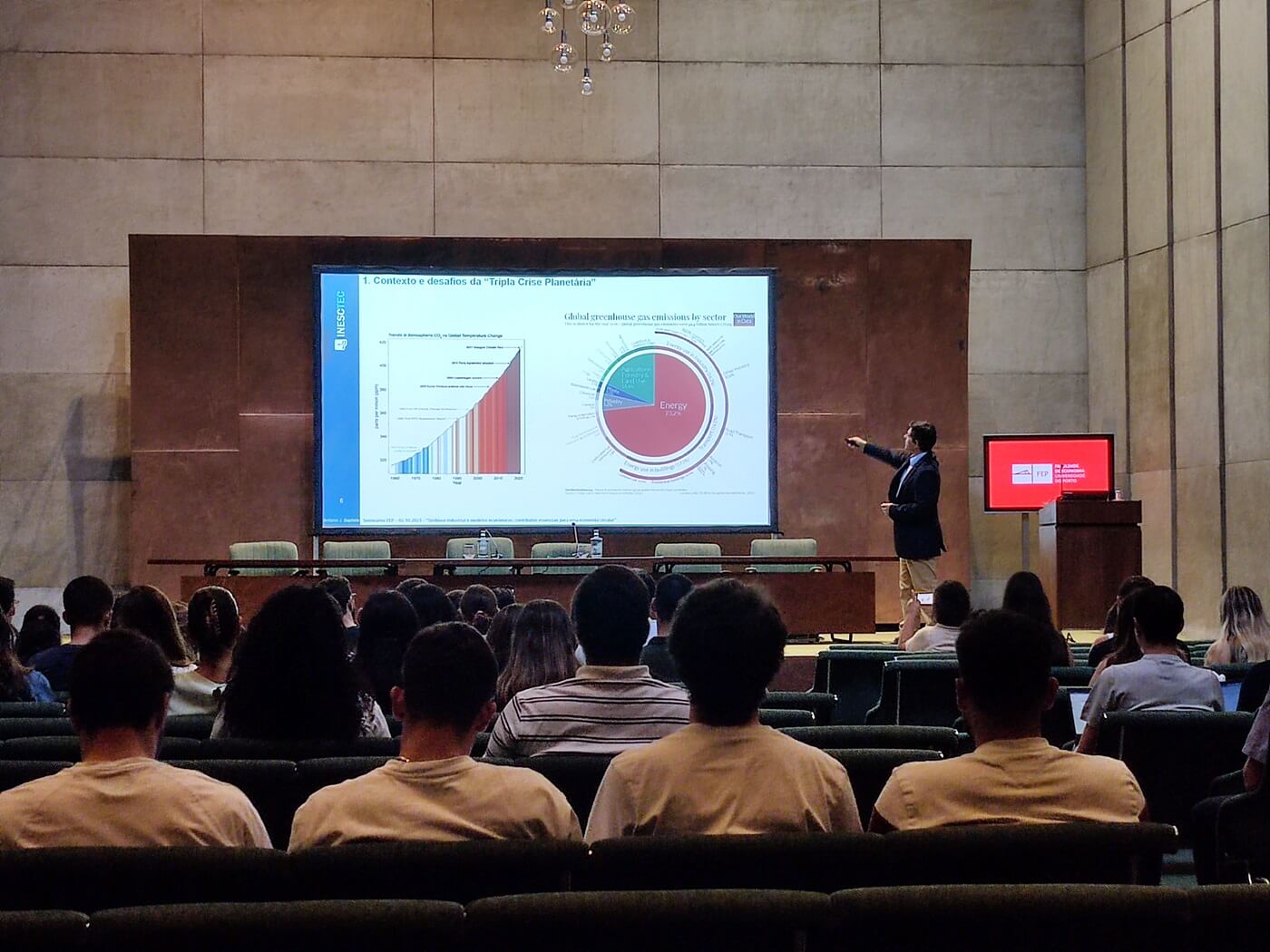
Integrated researcher at INESC TEC's Associated Laboratory, at the Centre for Enterprise Systems Engineering, assuming responsibilities in the Twin-Transition (Green & Digital) research area
Degree in Mechanical Engineering from the Faculty of Science and Technology of the University of Coimbra (2002), PhD in the specialty of Production Technology, from the same institution (2007). He worked at the SODECIA Technology Center from 2007 to 2011, in the area of tool design for automotive components and international simultaneous engineering projects (e.g. FIAT and FORD). He was also responsible for continuous improvement. He joined INEGI from 2011 to March 2023, where he assumed functions in the area of project management and innovation in national or international projects, in addition to acting as Principal Investigator integrated in the LAETA Associated Laboratory in its INEGI-FEUP Pole (Intelligent Systems and Control Group). Since April 2023, he has been an integrated researcher at INESC TEC's Associated Laboratory, at the Centre for Enterprise Systems Engineering, assuming responsibilities in the Twin-Transition (Green & Digital) research area. The main fields of activity comprise the investigation of new methodologies/tools for multidimensional evaluation of complex systems and products, integrating broad digitalization and principles of Life Cycle Engineering. In particular, he investigates under the paradigms of Twin-Transition, Sustainable and Circular Economy Development and the emerging concept of Industry 5.0. He was the manager of more than 50 R&D/innovation projects and published more than 60 scientific papers (including journal and conference articles). He is co-author of 7 patents (all active and 6 successfully transferred to companies). He is the author or co-author of 15 original methodologies for the evaluation of complex products or systems, with a framework for sustainable development. In this context, different original frameworks were born under its scientific and innovation coordination that evolved to levels of high maturity and were integrated into commercial software with national companies, having been tested in a real environment, either in national or international companies (such as Airbus Defense & Space). For example, the frameworks LeanDesign-for-eXcellence, Multi-Layer Stream Mapping (MSM) and Efficiency Framework (the latter classified by the Innovation Radar of the European Commission, TRL 7) stand out.




